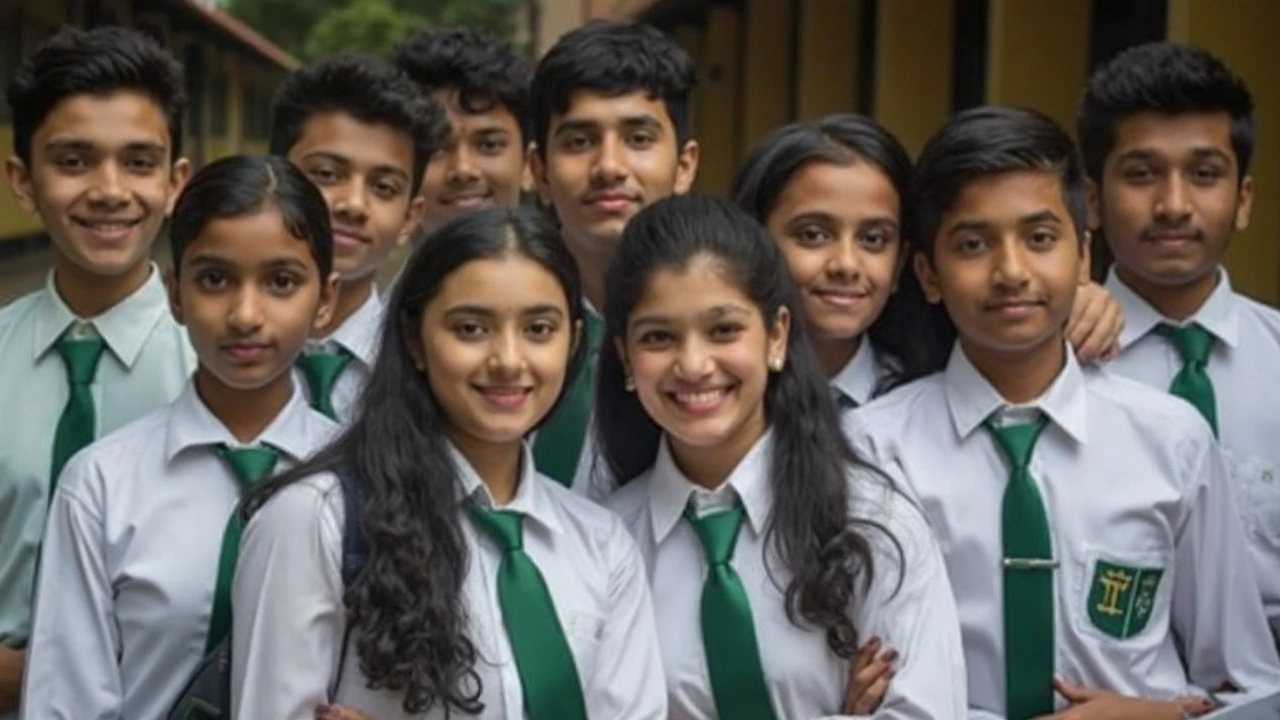CBSE Class 12 – What You Need to Know Right Now
Preparing for CBSE Class 12 can feel like juggling a lot of stuff at once. You’ve got the syllabus, the sample papers, the upcoming board dates, and the pressure to score well. Let’s cut through the noise and give you clear, actionable steps that actually help you stay on track.
Key Dates and Syllabus Highlights
First thing’s first – mark the calendar. The board exams usually start in February and wrap up by the end of March. Knowing the exact dates for each subject lets you build a realistic study plan. Next, grab the latest syllabus from the CBSE website. It’s organized chapter‑wise, so you can see which topics carry the most weight. For example, in Physics, ‘Electromagnetism’ and ‘Modern Physics’ are high‑scoring, while in Chemistry, ‘Organic Chemistry’ and ‘Physical Chemistry’ demand extra practice.
Practical Study Tips That Work
1. Chunk your time. Instead of long marathon sessions, study in 45‑minute blocks with 10‑minute breaks. Your brain retains info better that way. 2. Active recall. After reading a chapter, close the book and write down everything you remember. This forces your brain to retrieve information, which solidifies memory. 3. Teach it. Explain a concept to a friend or even to yourself out loud. If you can simplify it, you’ve truly understood it. 4. Use past papers. Solve at least three previous year papers for each subject. Time yourself to get used to the exam pressure and identify recurring question patterns. 5. Focus on NCERT. CBSE board questions are heavily based on NCERT textbooks. Highlight key points, formulas, and diagrams while you read.
Don’t forget to keep a separate notebook for quick revisions. Write down formulas, important dates, and short definitions. Flip through it daily in the weeks leading up to the exam.
Another boost comes from short video lessons. Platforms like YouTube have CBSE‑focused channels that break down tough topics into bite‑size videos. Use them to clarify doubts, but don’t rely on them alone – the textbook should always be your primary source.
When it comes to mock tests, treat them like real exams. Sit at a desk, use a pen, and follow the exact time limits. After each test, spend at least an hour reviewing every mistake. Note why you got it wrong and how to avoid that error next time.
Lastly, take care of your health. A balanced diet, regular sleep, and short walks keep your mind sharp. Skipping meals or pulling all‑night study marathons usually backfires with lower concentration.
By following these steps, you’ll turn the overwhelming CBSE Class 12 workload into a manageable routine. Stay consistent, track your progress, and remember that every small improvement adds up to a solid score.
CBSE Board Result 2025: Will Operation Sindoor Delay Scores? What Students Should Know
CBSE Class 10 and 12 students are anxiously waiting for their 2025 board results, with the usual result window expected between May 11 and May 15. Speculation swirls around delays related to Operation Sindoor amid India-Pakistan tensions, but the CBSE hasn't confirmed any postponements. Students can check results online and through DigiLocker.
